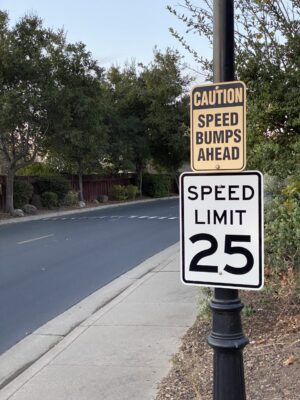California just published the ADU Handbook that severely restricts rules imposed by The Eastridge Hills Board of Directors. Here is the important information:

In California, HOA (Homeowners Association) rules cannot override state laws. This principle is foundational to the governance of community associations, ensuring that state and federal regulations take precedence over HOA bylaws and regulations. This means that if an HOA attempts to enforce a rule that contradicts state law, that rule would be considered unenforceable and could lead to legal challenges against the HOA【24†source】.
There are several types of rules that are typically unenforceable due to their conflict with state or federal laws, including but not limited to:
– Discrimination against homeowners based on protected characteristics (e.g., skin color, familial status, national origin, religion, sex, or gender identity).
– Restrictions that violate homeowners’ rights under federal and state laws, such as the right to bear arms, though there can be some restrictions in community areas.
– Limitations on installing antennas or satellite dishes for cable service, with potential restrictions on placement but not outright bans.
– Prohibitions on displaying political signs, where HOAs can typically regulate placement but not ban them outright.
– Enforcing rules inconsistently, which can violate the Fair Housing Act (FHA) if applied selectively【26†source】.
Moreover, California law requires HOAs to keep financial records and make them accessible to homeowners upon request (Civil Code Section 5200), indicating the state’s emphasis on transparency and legal compliance within HOAs【25†source】.
For homeowners facing unenforceable HOA rules, several steps can be taken:
1. **Engage with the HOA Board**: Initially, discussing the concern with the HOA board might resolve the issue if they are willing to reconsider the rule in question.
2. **File a Complaint**: If dialogue with the HOA board doesn’t yield results, filing a complaint with California’s Department of Real Estate (DRE) might be necessary.
3. **Legal Action**: As a last resort, pursuing legal action through mediation, arbitration, or court might be necessary to contest the unenforceable rule【25†source】.
It’s essential for HOA boards and homeowners to understand the hierarchy of laws to ensure that HOA rules do not conflict with state laws and to maintain a harmonious and legally compliant community environment.







